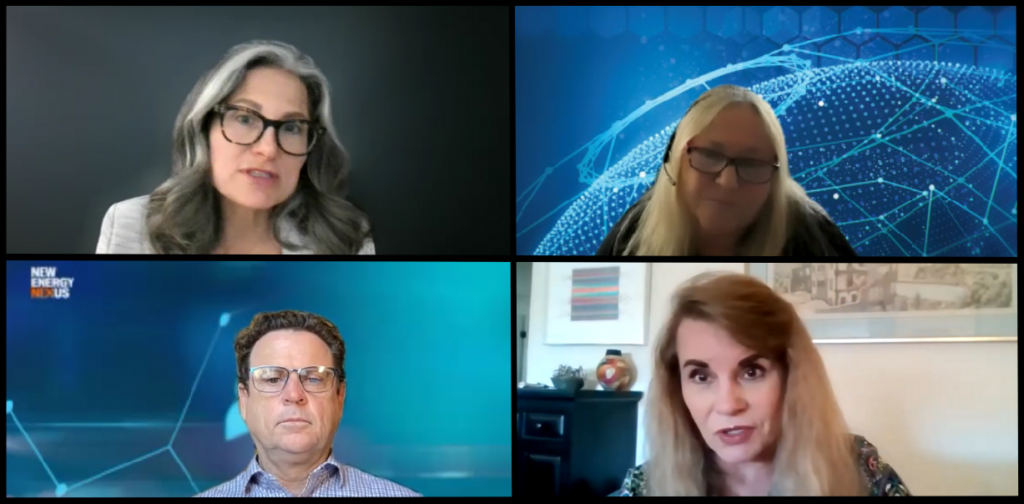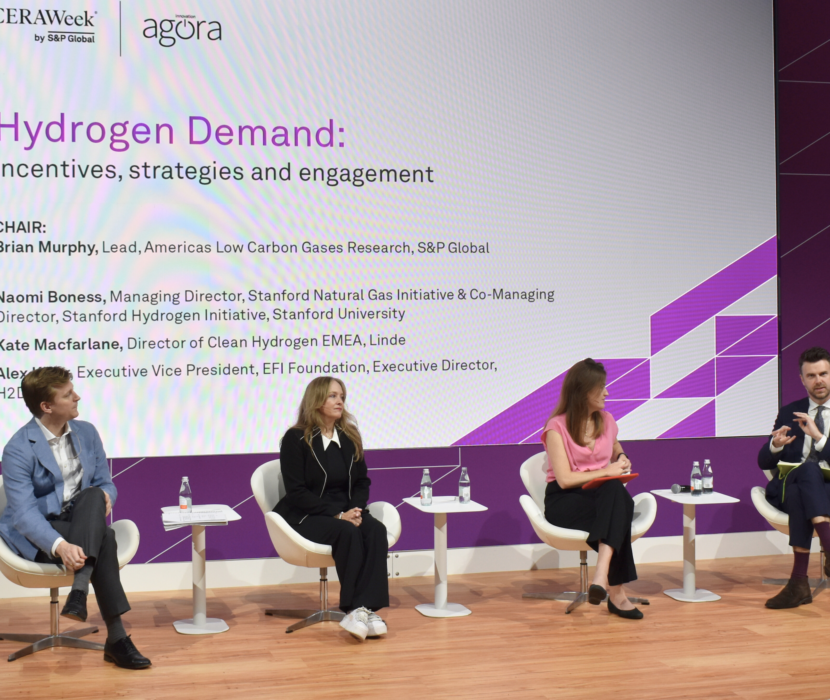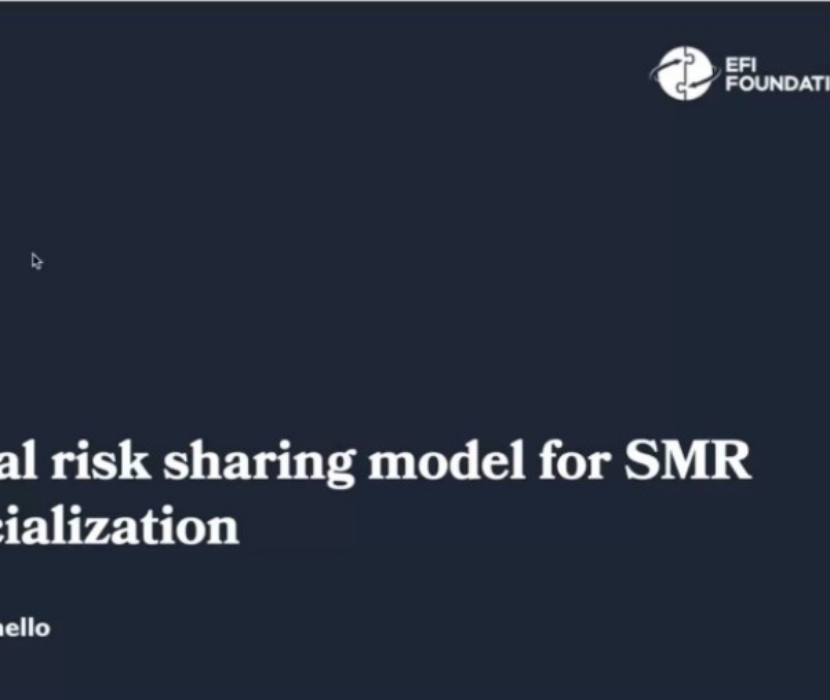
Energy Futures Initiative (EFI) Principal Melanie Kenderdine said that domestic mining and international partnerships are essential to decreasing our critical minerals import dependency, at an OurEnergyPolicy webinar on April 12. The webinar, titled “Critical Minerals: Domestic Mining, Supply Chains and U.S. policy,” featured Kenderdine and the following energy experts: Danny Kennedy (CEO of New Energy Nexus), Melissa Barbanell (director of U.S.-international engagement at World Resources Institute), and moderator Gail Suchman (partner at Sheppard Mullin).
The webinar began with a presentation from Kenderdine on the United States’ import dependency on many critical metals and minerals for clean energy technologies. The United States relies heavily on China for imports of 14 metals and minerals. Kenderdine said the United States is completely dependent on China and other countries not only for rare earths, but for at least 20 other categories of metals and minerals. She said this import dependency is a concern for both energy security and supply chains. She also noted that import dependency is an emissions issue.
“Three percent of global emissions are from international shipping,” Kenderdine said. “Three percent doesn’t sound huge, but it’s very large when you’re talking [about] net-zero [emissions goals].”
She further elaborated on the reality that there will be competition for raw materials to support both clean and conventional energy technologies. She emphasized that wind generation requires the highest supply of copper—yet electric vehicles, building construction, and other uses rely on the metal as well.
Kenderdine said it is important for the United States to diversify its critical minerals supply and build international cooperation with countries with which the United States does not have a strong import reliance, such as many resource-rich countries in Africa. She said another important step forward is for the United States to collaborate within international organizations, such as the Group of Seven (G7) and the Organization for Economic Co-operation and Development (OECD), to address import dependency and energy security concerns.
Kenderdine also raised the issue of equity when asked about domestic mining opportunities in the United States. She emphasized that indigenous communities’ participation and support are critical for ensuring that equity is prioritized in the domestic mining of critical minerals and metals.
“Almost all the mines, inactive or otherwise in the United States, are within 15 miles of a Native American reservation,” she said. “We need to be very cognizant and bring in Native Americans into this discussion.”
Kenderdine also touched on an equity issue likely to arise in small towns in rural America. She said the primary center of commerce in these towns is auto repair. With the shift to electric vehicles the auto repair industry will dissipate.
“[We have to] start figuring out how to transition those auto repair jobs to clean energy jobs in the transition,” Kenderdine said.
She proposed a recycling industry for mined materials to help curb these impacts while serving clean energy needs.
Kenderdine ended her thoughts by calling for action to prioritize domestic mining of critical minerals, critical minerals recycling, and public participation to drive the clean energy transition.
– Kaycee Hubbard, Communications Intern
(Share this post with others.)




